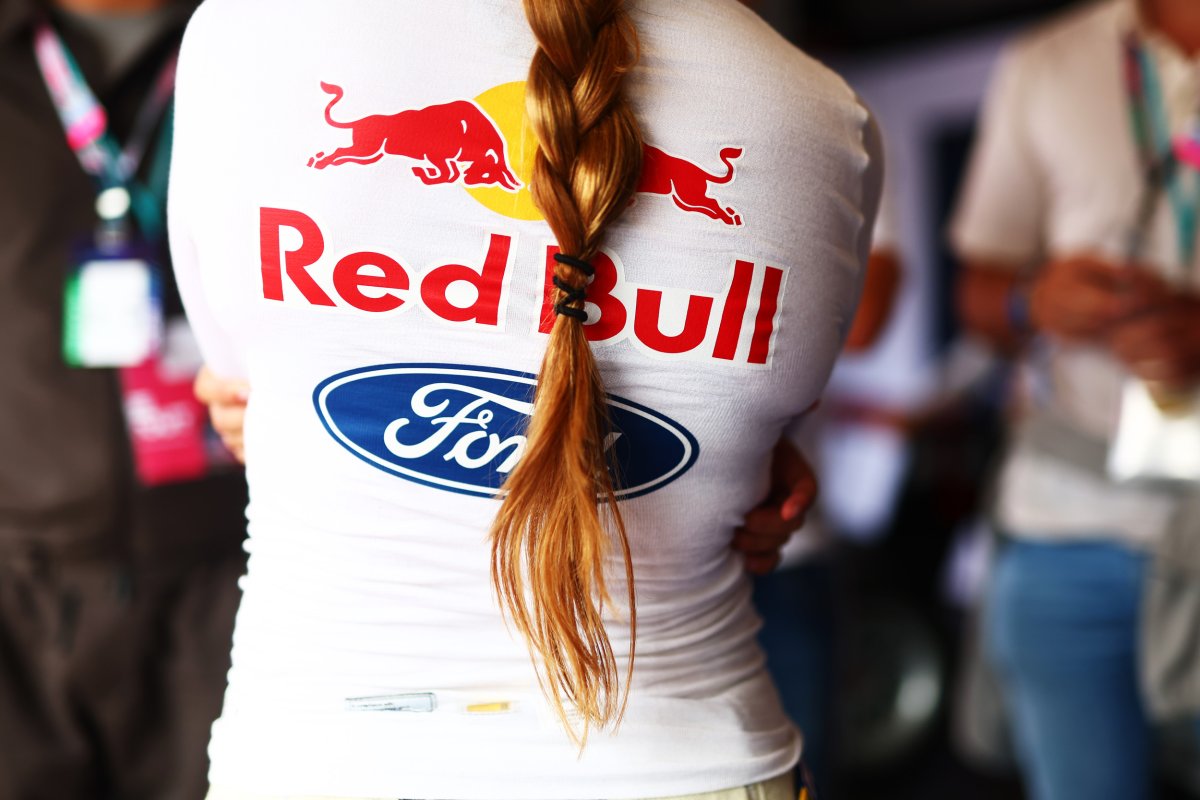Ford has revealed that it has expanded its work on Red Bull‘s 2026 challenger to “almost the entire car.” The American automaker partnered with Red Bull to assist the team with the electrification of the new power unit. Now though, it appears that Ford has also been working on the internal combustion engine.
F1 enters a new era of regulations next year, where cars will be very different from the current ground effect era cars. The major change will be in the power unit, which will be powered by an internal combustion engine running on sustainable fuel and electric power, split in an equal ratio.
2026 marks the onset of new chassis and engine regulations, with the cars being slightly lighter and more compact, with smaller tires than the current car. Additionally, instead of the Drag Reduction System at the rear wing, the new car will feature active aerodynamics at the front and rear wings.
Red Bull parts ways with its current engine supplier, Honda, after the 2025 season, as it develops its own 2026 power units in collaboration with Ford under the Red Bull Powertrains banner. The initial plan was to utilize Ford’s expertise in electrification that seamlessly integrates with the internal combustion unit. However, as the new era draws closer, Ford’s role is said to have increased in the power unit development.

A detailed view of the Oracle Red Bull Racing and Ford badges on the back of Emely de Heus of Netherlands and MP Motorsport prior to race one of F1 Academy Round 4 at Circuit…
A detailed view of the Oracle Red Bull Racing and Ford badges on the back of Emely de Heus of Netherlands and MP Motorsport prior to race one of F1 Academy Round 4 at Circuit Zandvoort on August 24, 2024 in Zandvoort, Netherlands.
More
Joe Portlock/Getty Images
Red Bull has undergone considerable transformation in recent months, from Max Verstappen’s teammate Yuki Tsunoda replacing Liam Lawson to the outfit’s new team principal, Laurent Mekies, who replaced Christian Horner. The team is facing challenges with its current RB21 F1 car, which is reportedly a major reason for the slump in performance. However, it is unknown if these changes have had an impact on Ford’s increased involvement in 2026 power unit development.
Speaking on the shift in the scenario, Ford global director Mark Rushbrook told Motorsport Aktuell, as quoted by RacingNews365:
“We wanted to learn about electrification: battery cell chemistry, motors, inverters, calibration, control, and how everything interacts with the combustion engine. We wanted to learn about optimising fuel efficiency.
“Initially, we weren’t really interested in working on the combustion engine, but now we’re doing it because we obviously still have a lot to learn in this area.
“We’re primarily helping with the production of parts. So now we’re working on almost the entire car – and also on the operational side.”
Related: Ford Sets Bold Condition to Stay in Formula One Amid V8 Talks

